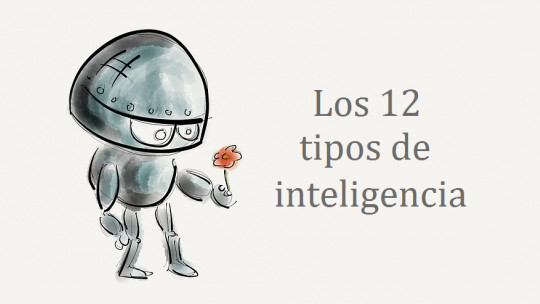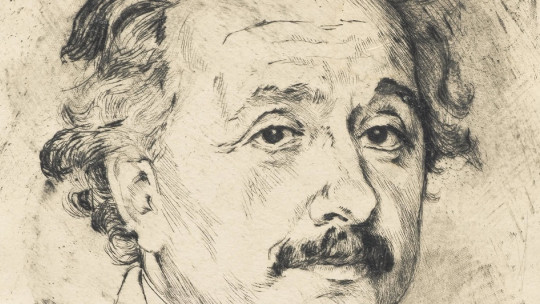The Spanish proverb says that four eyes see more than two and? Union make forceThis is obvious: when several people decide to collaborate towards a goal, the chances of success will be greater, because two or more brains will think much better than just one. After this statement, broadly speaking, we can intuit what the collaborative intelligence
Collaborative intelligence: defining the concept
The word intelligence It comes from the Latin intelligentiaa term whose origin is intelligent which is in turn formed by intus which means “between” and read which means “choose.” So we can say that intelligence is the ability to know how to choose, and that The better the option chosen among all the possible ones, the more intelligent the individual is considered
The term collaboration It also has its origin in Latin and is made up of with- (together), I will labor (work and -tion (action and effect). So we can define collaboration as the action and effect of working together with other person(s) to try to achieve a common goal
If we put both definitions together, we can say that the term collaborative intelligence means choose the best option to achieve a certain goal by working together This definition is an approximation based on the etymology of its words, but it serves as a basis for understanding a more complex description below.

Collaborative intelligence in the field of companies
Today, There is no unanimity when it comes to defining exactly what collaborative intelligence is so multiple definitions can be found, among them we highlight the one given by the ICXCI (Innovation Center for Collaborative Intelligence):
«Collaborative intelligence (CI) involves orderly deliberation, facilitated by social technologies, that allows a group of people to create better shared knowledge and make decisions, with greater possibilities of overcoming the challenges and difficulties posed by different human activities in a increasingly complex and changing environment.”
In companies, today more than ever we live in a global and digital world where information technologies advance by leaps and bounds, It is beginning to be necessary to enhance collaborative intelligence to achieve intelligent companies capable of adapting to any change and need.
Thus, there are many organizations that for some years have been committed to recruiting and retaining corporate talent, so we start from the basis that we have companies full of talent and innovative ideas that find favorable ground in the environments that They favor collaboration, and of course they have the technological resources and financing to carry out ambitious projects.
Cooperation between diverse people is the key to business success
But that talent, individually, is not enough, a person alone is not capable of always finding the best solution or path to take. It is not productive, in this era of hyperspecialization, to have isolated talents.
However, if we implement mechanisms and tools of cooperation and collaboration between all these talents, so that they relate and interact with each other in such a way that they are capable of facing any challenge, Much more optimal and effective results will be obtained than if they did it individually
Tips to promote collaborative intelligence
Since we have already explained what collaborative intelligence is from a theoretical level, the only thing that remains is to address certain keys to promoting cooperation in the practical field. Let us begin:
Some conclusions about collaborative intelligence
With collaborative intelligence you achieve a much more creative and efficient way of working
Workers feel that they are part of the organization, therefore their motivation increases and a good work environment is created. Many minds connected to each other, with a common goal, can offer unthinkable results far above what was expected. Therefore, it is worth betting on collaborative intelligence in our organization.









